Service through scholarship
Lipscomb’s core value of serving others permeates faculty’s research and scholarship in key areas of society.
By Janel Shoun-Smith | 615-966-7078 |
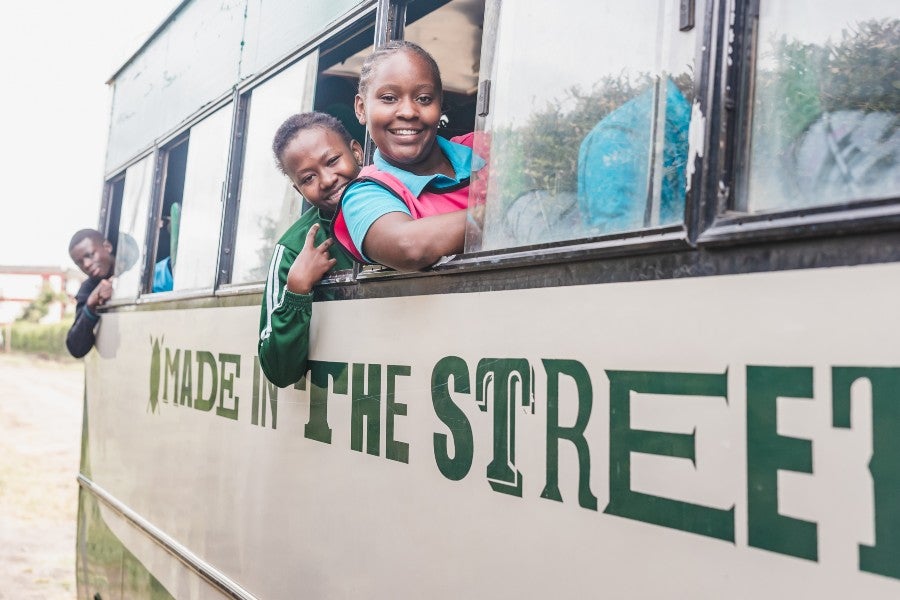
The Made in the Streets ministry is one organization benefitting from Lipscomb faculty's scholarly expertise.
Imagine a city where once children reach adolescence, they are left to fend for themselves. That is the case in Nairobi, Kenya, where it’s estimated that 60,000 children are living on the streets. Government aid for orphans and at-risk youth runs out at about age 13.
Imagine being diagnosed as a diabetic but having no insurance to cover the cost of medications to ensure a long, healthy life. Patients at Nashville’s Faith Family Medical clinic don’t have to imagine, they live that scenario every day.
From adoptions to accounting, from serving military veterans with a medical crisis to supporting ministry in Africa, Lipscomb faculty are working to address these societal issues through their academic expertise. Through surveys, studies and application of scholarship and specific skills, Lipscomb’s faculty are working to improve family relationships, Christian ministries, industry shortages, social services and best practices for the future.
- Strategic thinking for African teen ministry
- Social work’s national best practices for military veterans
- Life experience spurs exploring ways to help others
- Documenting the positive impact of patient assistance
- Knowledge is power for accounting firms fighting the nationwide personnel shortage
Strategic thinking for African teen ministry
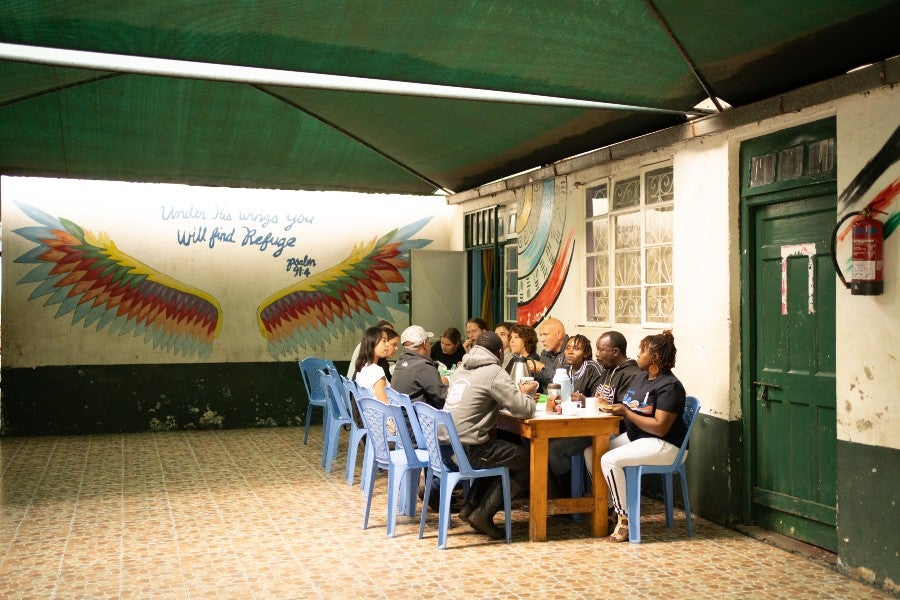
He met with MITS’ leaders for all its teams, such as security, hospitality, culinary arts or education, and led them through a process to determine how their work serves the organization’s core goals.
Twenty-nine years ago, a missionary couple began the Made in the Streets (MITS) ministry in Kenya with little more than a handful of teen girls housed in a shack. Today, MITS includes a multi-site campus that serves about 120 adolescents by providing a safe and supportive environment, education and training, and opportunities to earn a living.
Walter Surdacki, professor in the College of Bible & Ministry, has been associated with the ministry since almost the very beginning.
In the summer of 2024, thanks to an institutional research grant from Lipscomb, Surdacki made the latest of many trips to the MITS campus in Nairobi, this time to bring his particular academic and ministry expertise to bear on the latest evolution of the organization.
Surdacki has spent his entire career working to elevate the practice of youth ministry within today’s churches, through practice and research. His doctoral studies focused on how to equip volunteers to maximize traditional youth group activities to make them deeper, life-changing spiritual formation experiences for adolescents.
At MITS in 2024, Surdacki drew on his career-long experience to help the organization’s leadership team identify the core values of the ministry as it is moving into a time of change in its services. Whereas MITS currently provides food, shelter, education and love on its own residential campus, due to a change in Kenyan laws they are now gearing up to begin also placing some youth in the homes of relatives, when possible.
As any organization shifts its focus, its members need to maintain the core values and ideals that have made the organization healthy and effective, said Surdacki. For example, additional regulations and required paperwork can make staff lose focus on the primary goal of the organization.
He met with MITS’ leaders for all its teams, such as security, hospitality, culinary arts or education, and led them through a process to determine how their work serves the organization’s core goals and to help the team leaders develop their own annual goals for the 2024-2025 year.
Overriding themes that emerged during the summer were a desire to keep MITS true to its Christian foundations, the life-changing power of treating all teens with dignity and respect and the value of MITS’ identity as a family for the unhoused adolescents.
Social work’s national best practices for military veterans
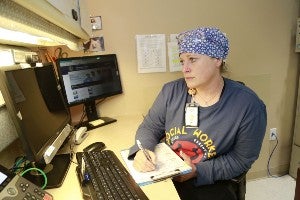
Photo of social worker provided thank to the VA Tennessee Valley Healthcare System-Nashville VA Medical Center.
Autumn Maxwell (BA ‘03), assistant professor and coordinator of field education in the social work program, definitely has a passion for working with military veterans. She was a practicing in-patient medical social worker at the VA Tennessee Valley Healthcare System-Nashville VA Medical Center until coming to Lipscomb full-time in 2021.
So when she saw in 2023 that the Council on Social Work Education (CSWE), the accrediting body for social work programs across the country, was seeking experts to revise its Specialized Practice Curricular Guide for Military and Veteran Social Work, she jumped at the chance to provide her extensive knowledge.
The national guide determined specialized practices to meet the CSWE’s nine competencies for social work students in regards to practicing with veteran clients, who have been shaped by military culture and whose values can sometimes differ from those of the civilian public.
“There is an obligation to understand the military culture, to have a respect for the service that has been provided and to uphold the dignity and worth of the person who provided that service,” said Maxwell. “That understanding guides our professional behavior in veteran practice. It is a very unique field.”
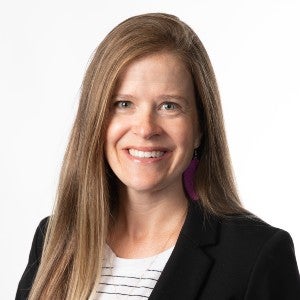
Autumn Maxwell
Maxwell served on a committee that developed guidelines to meet CSWE’s competency one, demonstrating ethical and professional behavior, and competency two, advancing human rights and social, racial, economic and environmental justice.
The committee recommended that students should be taught the nuances of how federal veteran’s benefits are different from other benefit programs and the unique access issues their clients may face, such as due to an injury. Social workers should be aware of differing boundary issues, should be able to recognize post-traumatic stress and know that for many veterans, seeking help is a challenge, said Maxwell.
Committee members gathered the evidence to inform the best practices in the guide, which was published in October 2024. They provided media and video resources, in-class exercises, recommended field experiences and assignments for instructors to use.
Life experience spurs exploring ways to help others
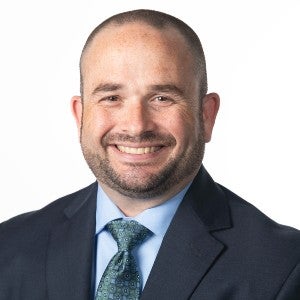
When he and his wife chose open adoption to adopt their son in 2022, Shaun Calix, lead faculty for family science, noticed a distinct lack of peer-reviewed research about family relationships in the open adoptions process when he went searching for advice on helping the relationship thrive.
He decided to fill the gap and has been working since summer 2024 on a qualitative study of adoptive and birth parents involved in open adoptions.
Calix conducted interviews with 15 participants, seven birth mothers and eight adoptive parents, found through social media discussion boards and networks within the community of adoptive parents.
Open adoptions began to be preferred by adoption facilitators and some adoptive families in the 1980s and 1990s, said Calix, and today most adoption agencies encourage the open adoption format, considering it in the best interests of the child. But when he looked for information on nurturing a positive relationship with his new child’s birth parents, Calix found a lot of logistical information on how to do it, but very little information on how to keep the relationship healthy.
His qualitative study, co-authored with alumna Zoie West (BS ’24), determines specific factors that impact the relationship for either good or ill:
- How much information the birth parents received from the agency about the open adoption process;
- In the absence of agency information, did the birth parents seek out information on open adoption themselves;
- Awareness of the typical emotions experienced by birth and adoptive parents throughout the initial placement process;
- The adoptive child’s engagement in the relationship with the birth parents; and
- Timely response to requests for contact with the child and follow-through with those plans.
Calix intends to use this study as a foundation for continued work with larger populations of subjects and to ground future conclusions on how these factors contribute to the stability of open adoption relationships and make them more satisfying. He plans to write up the study this summer and begin submitting it for publication in the fall.
Documenting the positive impact of patient assistance
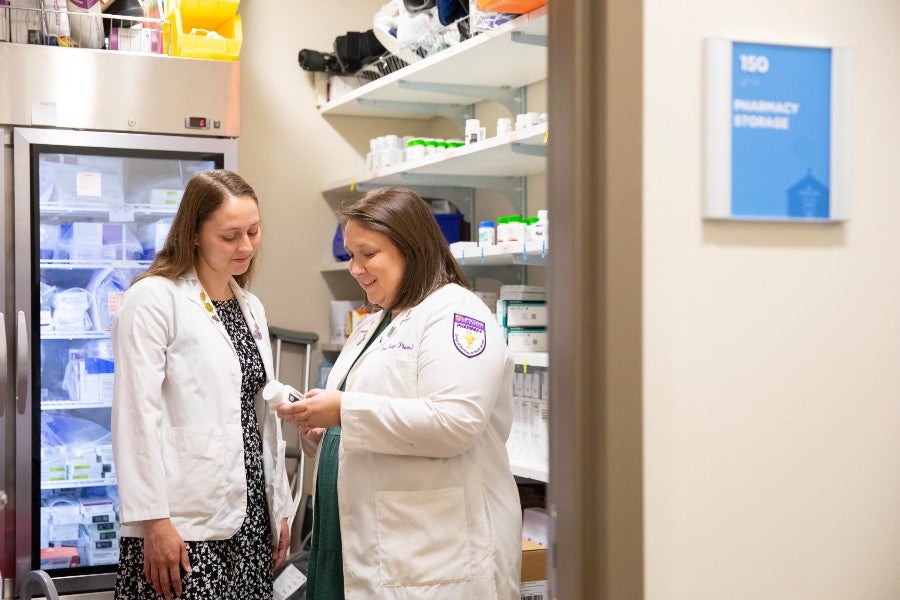
Mikayla Morrow (PharmD ’25) with Sarah Uroza, associate professor of pharmacy practice, in the Faith Family pharmacy storehouse.
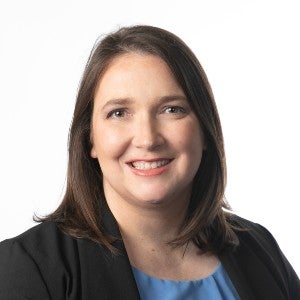
Sarah Uroza
Sarah Uroza, associate professor of pharmacy practice, has been coordinating the Patient Assistance Program (PAP) at Nashville’s nonprofit Faith Family Medical clinic for around 20 years, but it wasn’t until this past year that she and pharmacy student Mikayla Morrow (PharmD ’25) decided just how medically effective the program was.
The assistance program serves the clinic’s patients, uninsured or underinsured working Nashvillians, by helping them match needy patients with free medications offered through a network of charitable foundations operated by various pharmaceutical companies. Morrow and Uroza found that from 2020 to mid-2024, the program has saved patients more than $4 million in drug costs annually.
After a deep dive into data on the clinic’s patient population, the pair discovered that 65% of the clinic’s patients suffer from diabetes, so they decided to look at patients' A1c levels, average blood sugar levels over a two- to three-month period. They compared patients’ A1c on their first visit to the most recent A1c level taken in the four-year time period, hoping to see that those patients who received diabetes medications through PAP would have a lower A1c over time.
Morrow scoured medical records for 339 patients to find that the average change for the whole group was a statistically significant improvement in blood sugar levels from 8.9% to 8.4%. The best improvement, 7 percentage points, was seen for patients whose blood sugar started out below 7%.
The study documented that the PAP program is leading to healthier outcomes, and could set the groundwork for a more comprehensive clinical pharmacy presence at the clinic in the future, said Uroza. She hopes someday to have on-site pharmacists who can become more involved in advising patients on managing medications, diet and exercise.
“I learned how critical PAPs are,” Morrow said of the project. “I knew we would save money, but I didn’t realize it would make such an impact on them both financially and also by lowering their A1c and keeping them healthy.”
Learn more about Faith Family Medical and the Lipscomb alumni who work there.
Knowledge is power for accounting firms fighting the nationwide personnel shortage
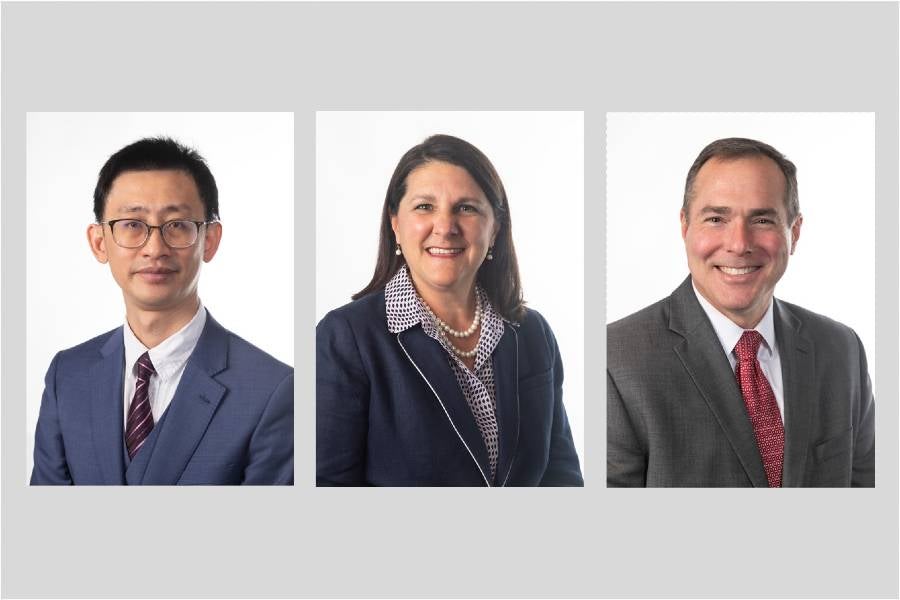
Han-Sheng Chen, Susan Galbreath, Mark Jobe
In an effort to address the impact of the nationwide accountant shortage, three Lipscomb accounting and finance professors banded together to both research and disseminate valuable local information to help the local accounting industry turnaround the staffing shortage.
With a goal to provide regional information that many small firms and sole practitioners may not have access to, the professors have collaborated on six publications and presentations exploring expectations and current standards for competitive salaries, internships and benefits packages.
Susan C. Galbreath, Han-Sheng Chen and Mark Jobe, have published their analyses in Tennessee CPA Journal and the Journal of Business, Industry & Economics, two journals with a large professional audience. The group also presented at the regional American Accounting Association and the Society of Business Industry & Economics conferences, and is working on further analyses to continue their goals.
Jobe, Galbreath and Chen surveyed more than 100 accounting students and more than 480 alumni throughout the region. The survey explored expectations on more than 50 factors such as work environment, retirement plans, paid time off, insurance, perks and salaries.
Using government salary statistics, the professors showed that over the past decade, accounting salaries in Tennessee have lost a lot of ground with almost no increase in comparison to other industries, said Galbreath.
In addition, there are more requirements to get into the accounting field today, making it a less attractive option when the salaries do not pay more than other industries without those requirements, noted Jobe.
“It is consistent with both students and alumni that salary is still the most important financial factor, and both groups also expressed dissatisfaction with current salaries in their chosen career,” said Galbreath. “Other factors important to those surveyed were paid time off, insurance and work/life balance.”
In 2024, the professors turned their eye toward internships, which are a major tool within the industry to recruit new employees. Professors’ data shows that today’s accounting students prefer to engage in multiple internships, so they will be less likely to tie themselves down to a contract after their first internship.
Chen brought into the project a statistical model for measuring professional commitment of employees to their employer. Students with multiple internships showed more professional commitment but they also have higher salary expectations, a factor the group may look at more closely in the future.
Learn more about these faculty member's accounting research.